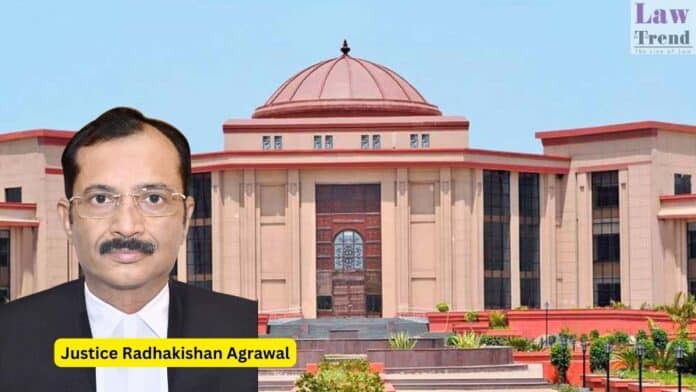The High Court of Chhattisgarh, in a significant order, has permitted an appellant in a Section 138 Negotiable Instruments Act case to withdraw her appeal filed under Section 378(4) of the Code of Criminal Procedure (Cr.P.C.) and file a fresh appeal as a ‘victim’ under the proviso to Section 372 of the Cr.P.C. The decision,
To Read More Please Subscribe to VIP Membership for Unlimited Access to All the Articles, Download Available Copies of Judgments/Order, Acess to Central/State Bare Acts, Advertisement Free Content, Access to More than 4000 Legal Drafts( Readymade Editable Formats of Suits, Petitions, Writs, Legal Notices, Divorce Petitions, 138 Notices, Bail Applications etc.) in Hindi and English.




